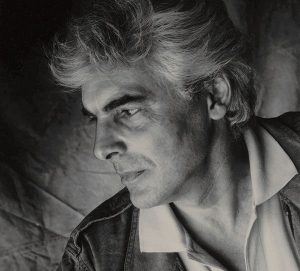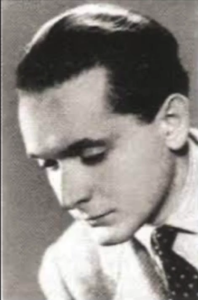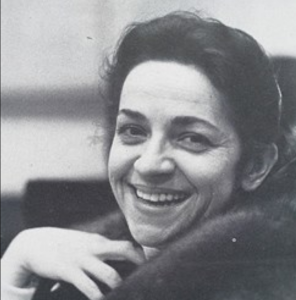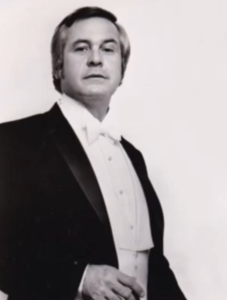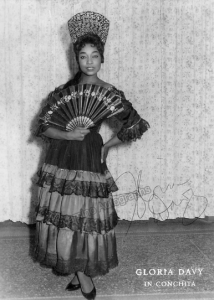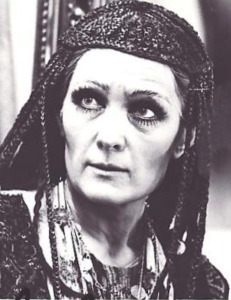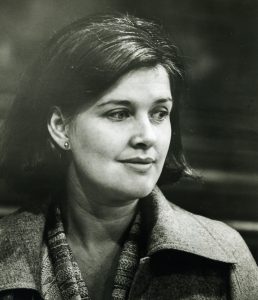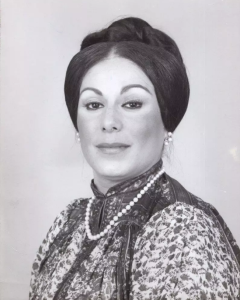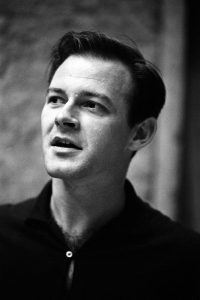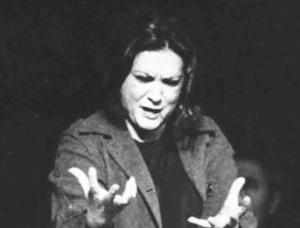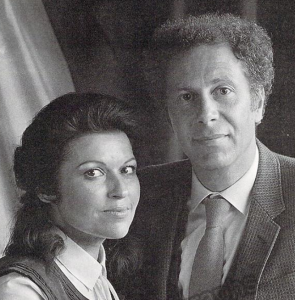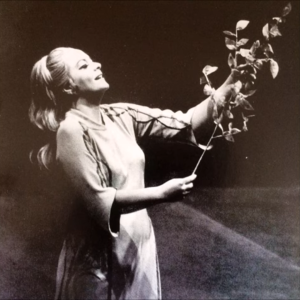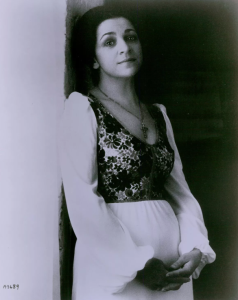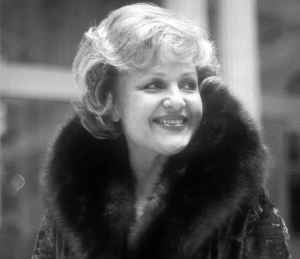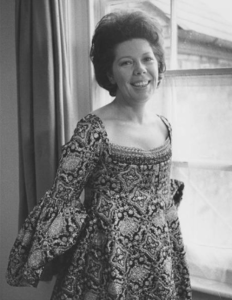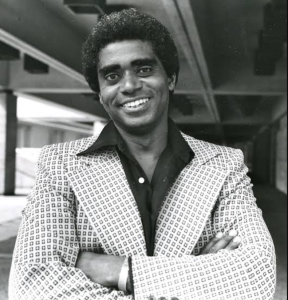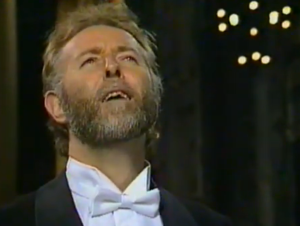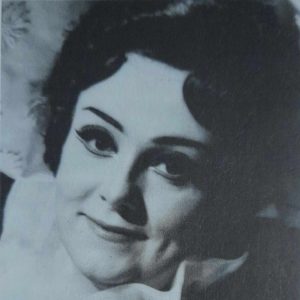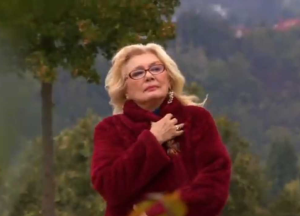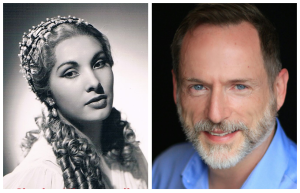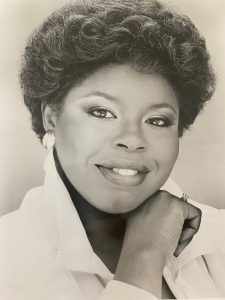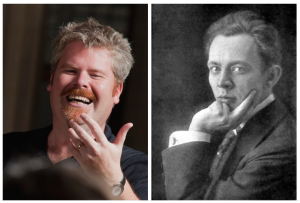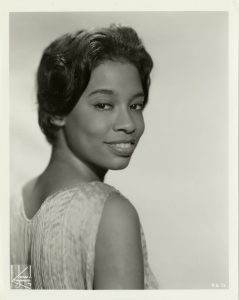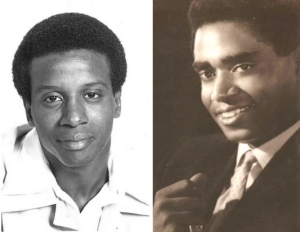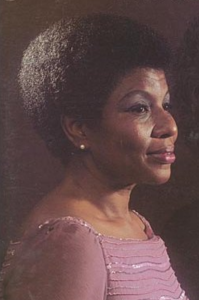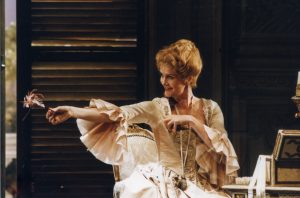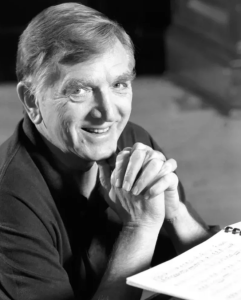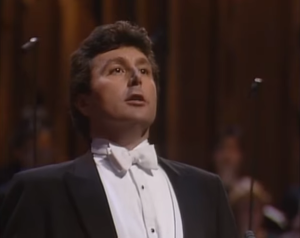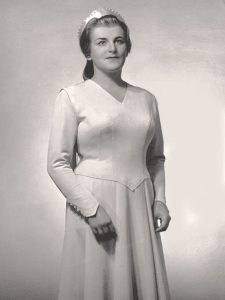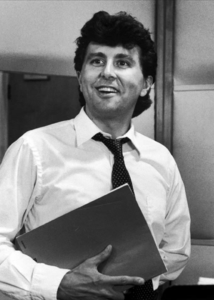Podcast: Play in new window | Download (Duration: 1:53:07 — 155.3MB) | Embed
Subscribe: Spotify | TuneIn | RSS | More
I wanted to start off the year (and the new season of the podcast) with something momentous, and who better to take us there than one of the great operatic artists of the twentieth century: Canadian soprano Teresa Stratas. I have not yet done a full episode on this artist, though she provided me with what was probably my greatest night in the opera house (I get into that in the episode, as well as featuring a rare excerpt of her in that shattering performance). As always with my podcast, I like to provide unexpected glimpses of such a great singer, alongside many of her most legendary moments. So not only do we hear Stratas’ legendary interpretations of her favorite roles (Mimì, Mélisande, Lulu, Violetta, and Salome [the latter a role she never portrayed onstage]), we also hear her in Mozart, her favorite composer, as an operetta singer, as an interpreter of Lieder, in her single Broadway role in the short-lived Rags, and in another of her creations, the title role in Australian composer Peggy Glanville-Hicks’ Nausicaa, as well as two late career Met roles, Liù and the Komponist, roles she had sung there at the beginning of her career, more than thirty years earlier. Along the way, we hear her with artists who have already been featured in previous seasons (Gabriel Bacquier, Florence Quivar and Fritz Wunderlich), but also singers who will each be featured in the upcoming series of the podcast, including Tom Krause, Wiesław Ochman, Bernd Weikl, Elizabeth Harwood, and Vasile Moldoveanu. Also much discussion also about what makes Stratas unique as an interpreter, and why she deserves to be ranked among the very greatest. Welcome to Season Seven!
Countermelody is the podcast devoted to the glory and the power of the human voice raised in song. Singer and vocal aficionado Daniel Gundlach explores great singers of the past and present focusing in particular on those who are less well-remembered today than they should be. Daniel’s lifetime in music as a professional countertenor, pianist, vocal coach, voice teacher, and author yields an exciting array of anecdotes, impressions, and “inside stories.” At Countermelody’s core is the celebration of great singers of all stripes, their instruments, and the connection they make to the words they sing. By clicking on the following link (https://linktr.ee/CountermelodyPodcast) you can find the dedicated Countermelody website which contains additional content including artist photos and episode setlists. The link will also take you to Countermelody’s Patreon page, where you can pledge your monthly or yearly support at whatever level you can afford.





